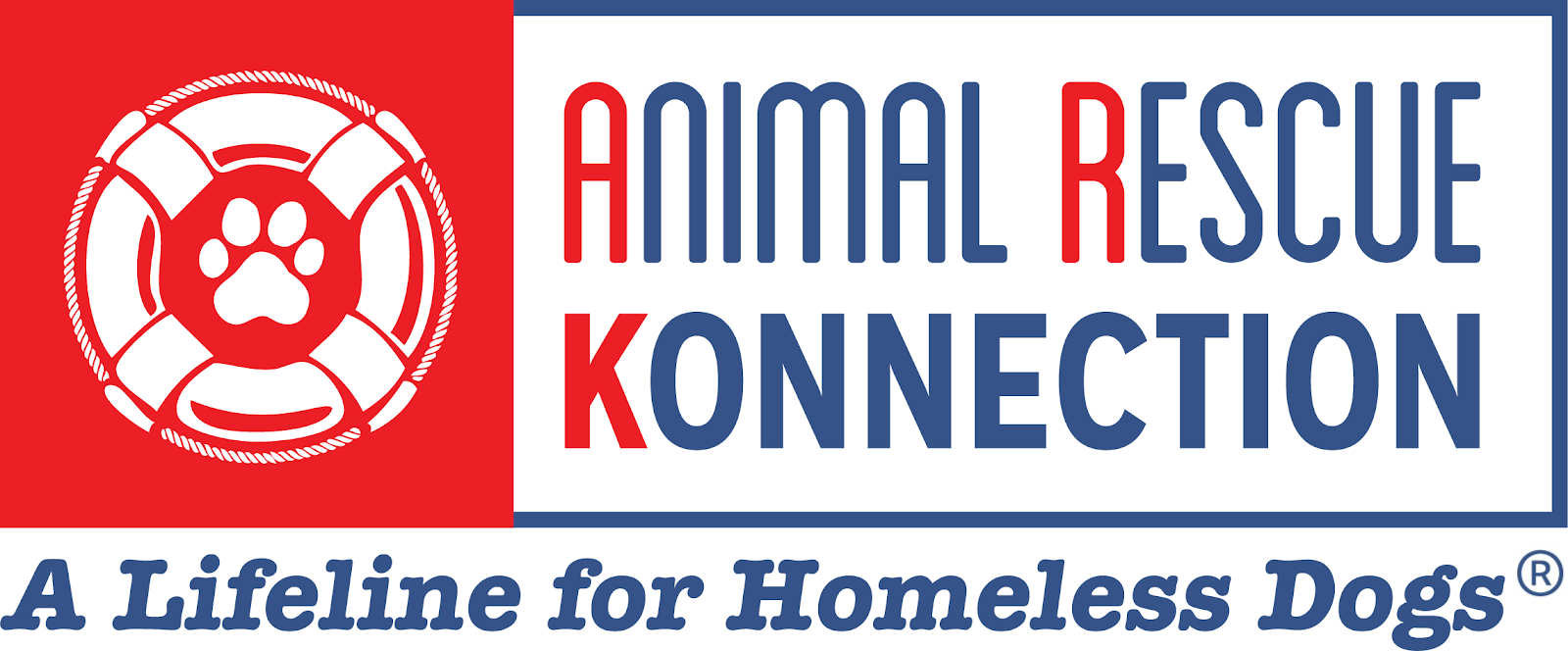Is Rehoming Really Necessary?
Depending on the situation, ARK may be able to advise you on ways to either keep your dog or better manage your dog during the rehoming process. Here are some frequently encountered barriers pet parents have faced. If any of these resonate, ARK may be able to help you.
- Financial
- Pet food
- Veterinary care
- Renter’s/homeowner’s insurance
- Housing
- Landlord ultimatum
- Breed restrictions
- Housing insecurity
- Behavioral
- Nip or bite
- Energy levels – e.g. unruly, not listening, mismatched to household energy
For financial help with vet care or dog food, check these resources. To find a reputable trainer or behaviorist, see our recommendations.
Dogs with Behavioral Issues
Your dog isn’t giving you a hard time, he/she is having a hard time. As owners, we are responsible for learning what our pets are communicating to us through their behavior.
To understand your dog better, dissect his/her behavioral incidents objectively. Figure out what triggers the incident(s). Are human actions a contributing factor?
Examine the who, what, when, where, and how surrounding the incident(s) which will lead you to the why. For biting issues, consider the bite level. How could these incidents be avoided?
A dog may growl, snap, react, or bite for reasons that include stress, fear, frustration, or from having no outlet for the natural flight response. Each dog and each incident differ, and seldom do these signs mean your dog is aggressive.
Get help for any of the issues by finding a certified Trainer or Behaviorist.
Most behaviors can be improved and managed through training, behavior modification, counterconditioning, rehabilitation, and/or veterinary intervention. Issues often stem from a lack of training, the wrong type of training for the dog, a lack of exercise, change of environment, or major family/life changes.
Meanwhile, modify your household to keep everyone safe. For example, use gates to block areas off, and for multiple-dog homes, crate and rotate.
Behavioral Issues to Consider
Does your dog need any of the following?
- Veterinary care to rule out medical issues if there’s a sudden onset of behavioral issues.
- Basic obedience training if your dog never attended training.
- Positive reinforcement training if your dog’s behavior grows worse after using a different training style.
- Behavioral evaluation if your efforts are not working.
- Personal reflection about consistency in training using the methods learned in training programs.
- Personal reflection over your own behavior that may have affected your dog’s well-being.
You may be able to resolve the situation so you and your dog can stay together. If you do rehome, you should still pursue these options to make your dog more adoptable.
We owe it to our canine companions to be honest with ourselves and seek help rather than use their behavior to justify rehoming or euthanasia. Before making a life-or-death decision, consider all of your available options.
To learn about self-rehoming, read the Rehoming Overview.
